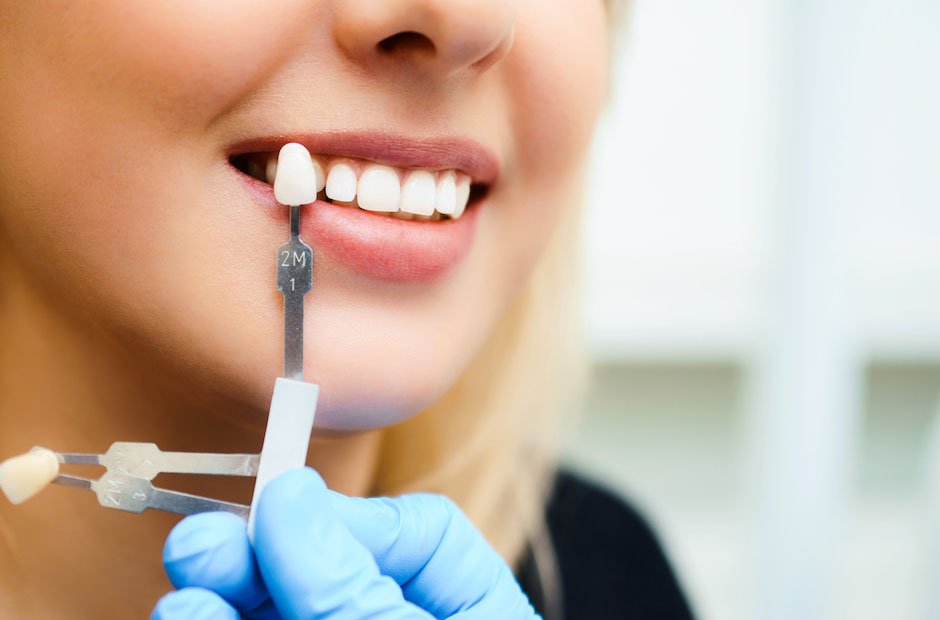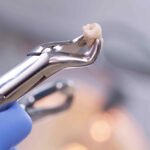
Dental implants provide a permanent and durable option for replacing missing teeth, allowing patients to regain functionality. A dentist assists patients in choosing the best option for their specific needs. Here are some types of tooth implants that provide flexibility in addressing dental issues:
Traditional And Immediate Implants
Traditional dental implants typically involve surgically placing a titanium post into the jaw. After the healing period, a custom crown is placed for strength and durability since it addresses the patient’s gums and tooth tissues. The process involves several fluoride and bone density tests for the design and development of a custom crown. Traditional implants maintain facial structure and inhibit bone loss, making this solution a viable, long-term procedure.
Same-day implants involve the placement of both an implant and a temporary crown in a single visit. The process eliminates multiple visits without affecting tooth stability. These implants work for patients with healthy bone tissue as the dentist installs the implant and affixes the temporary crown immediately. This approach provides immediate aesthetics and function as clients follow the aftercare instructions for proper healing.
Ultratooth Implants
Ultratooth implants allow clients complete oral function with the implant on the insertion day. Their design provides security and instant denture stability, making them a reliable option. This procedure also allows clients to eat and speak properly within the first few days after surgery. This option is advisable for those seeking quick, high-quality results that restore oral functions. Ultratooth implants reduce overall treatment time as well as discomfort.
All-on-4 Implants
This method employs four specially positioned implants to support a complete set of prosthetic dentitions. It reduces surgery and recovery time while offering comprehensive tooth replacement. Dentists position rear implants to optimize existing bone usage, thus avoiding bone grafts. This approach suits patients with residual bone loss and requires full-arch rehabilitation. All-on-4 dental implants offer fixed and non-portable solutions to replace damaged natural teeth.
Implant-Supported Bridges
A fixed Implant-supported bridge may be suitable for those who are missing several teeth in a row. Two implants anchor the bridge, reducing the number of required surgeries. This option provides support and utility to fill wider spaces in the mouth. Implant-supported bridges avoid relying on the neighboring teeth for support and strength. Having a strong base maintains healthy teeth and manages jaw bone integrity, leading to a natural-looking and functionally satisfying set of prosthetic teeth.
Mini Implants
Mini implants offer smaller implants that cause less trauma to the area of application, and they suit those with inefficient bone density at jaw joints. These implants usually support dentures or other smaller dental prostheses. The mini-implant procedure takes less time and is usually less complicated. It is less invasive and avoids repetition to allow for completion in one visit. Mini implants offer an opportunity to patients who may not qualify for conventional implants.
Schedule a Consultation with an Expert Dentist Today
Keep teeth gaps from determining your social interactions or self-esteem. Implants can both restore your oral aesthetic and increase simple oral functions, such as eating and smiling. Contact an expert dental practitioner to explore various implant options tailored to your case. Schedule a screening appointment and take the first step towards restoring your healthy smile.





